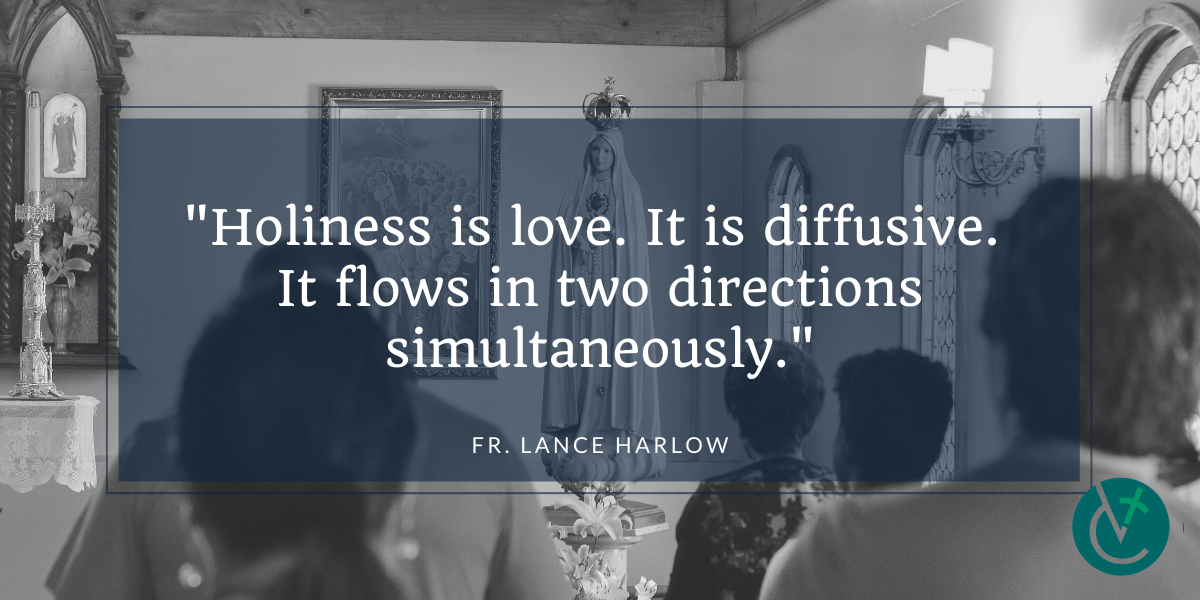
The pursuit of holiness
Holiness and canonization make people nervous because they seem so out of reach for them. Additionally, many people confuse sanctity with perfectionism. The pursuit of perfectionism can make even the most overachieving Catholic among us neurotic in a futile attempt to be perfect.
Perfectionism is unnatural; holiness is natural — or at least to the degree
that grace builds on nature. This is evident in St Paul’s letter to the Ephesians in which he reminds the Catholics at Ephesus of their purpose in life: “Blessed be the God and Father of our Lord Jesus Christ, who has blessed us in Christ
with every spiritual blessing in the heavens, as he chose us in him, before the foundation of the world, to be holy and without blemish before him. In love he destined us for adoption to himself through Jesus Christ, in accord with the favor of his will, for the praise of the glory of his grace that he granted us in the beloved” (Eph 1:3-6).
Holiness is love. It is diffusive. It flows in two directions simultaneously to engage us in a personal relationship with another: God and neighbor. God blesses each one of us with the capacity to love in this multidirectional capacity, and through Jesus we have the sacramental reinforcement to grow in love throughout our lifetime on Earth, beginning at baptism.
Canonization is an official legal process of the Church to acknowledge and publicize a person’s holiness. It is complicated and may take centuries. And while there is a difference between a saint and a canonized saint (the latter having been officially recognized; the former not necessarily), both are saints. Both have fulfilled their vocation in life.
For you and for me, however, the goal is the same: “Be holy yourselves in every aspect of your conduct for it is written, ‘Be holy because I am holy’” (1 Pt 15-16).
Let the pursuit of holiness be the goal and not the pursuit of canonization. By that I mean simply: Love God and love your neighbor with the abundant graces God provides. Don’t worry about the date of your canonization, the type of marble for your statue and what your stained-glass image will look like.
In other words: Avoid that self-consciousness of loving which turns love into a spiritual “selfie” for the admiration of others and our own self-adulation. Instead, consider not the audience, but love with the freedom given to the sons and daughters of God who love entirely “for the praise of the glory of His grace.”
As the French novelist and Catholic convert Léon Bloy states: “The only real sadness, the only real failure, the only great tragedy in life, is not to become a saint.”
God wants you to become a saint. Are you sure that’s what you want, too?
—Father Lance Harlow is rector of Cathedral of St. Joseph Parish in Burlington.
—Originally published in the Spring 2020 issue of Vermont Catholic magazine.

